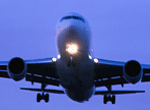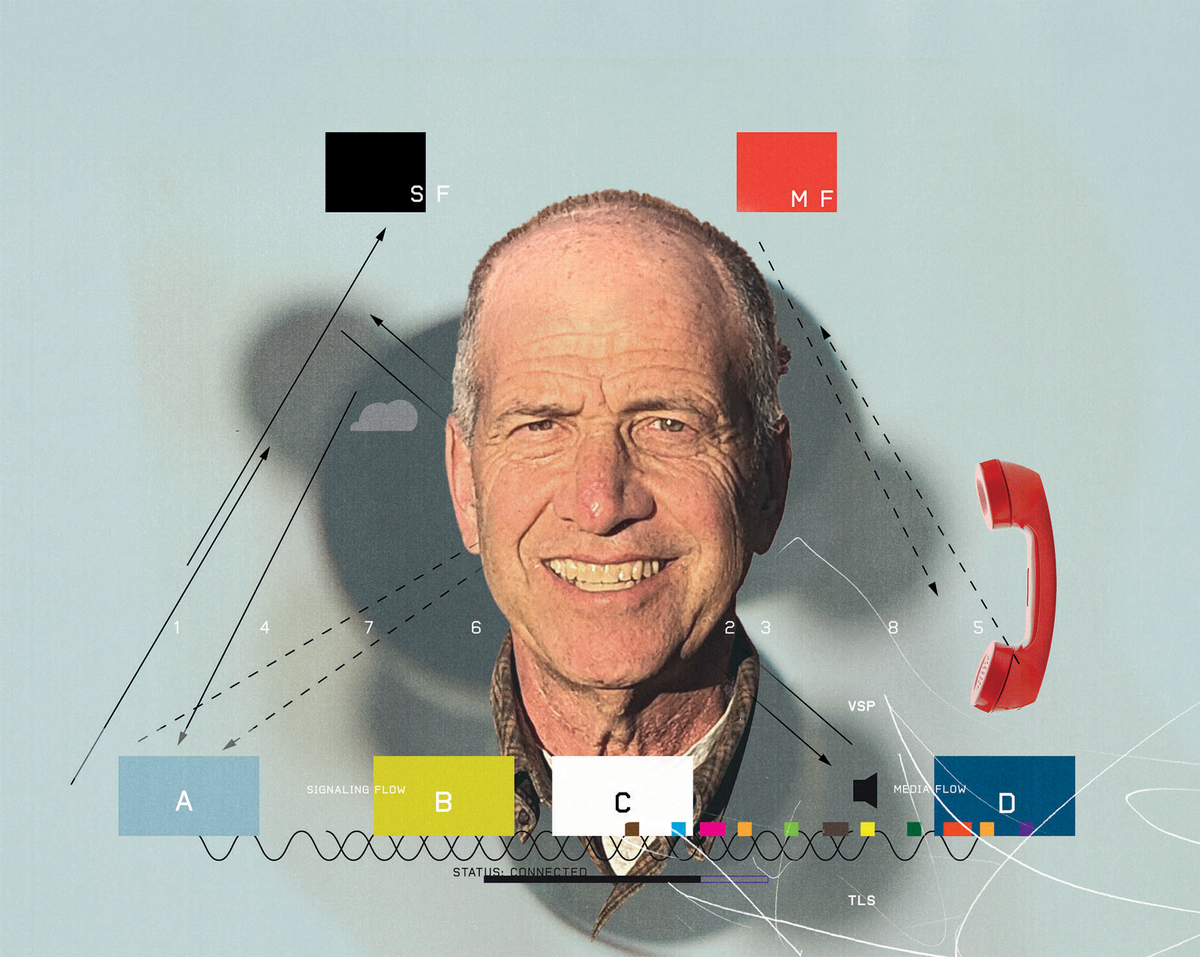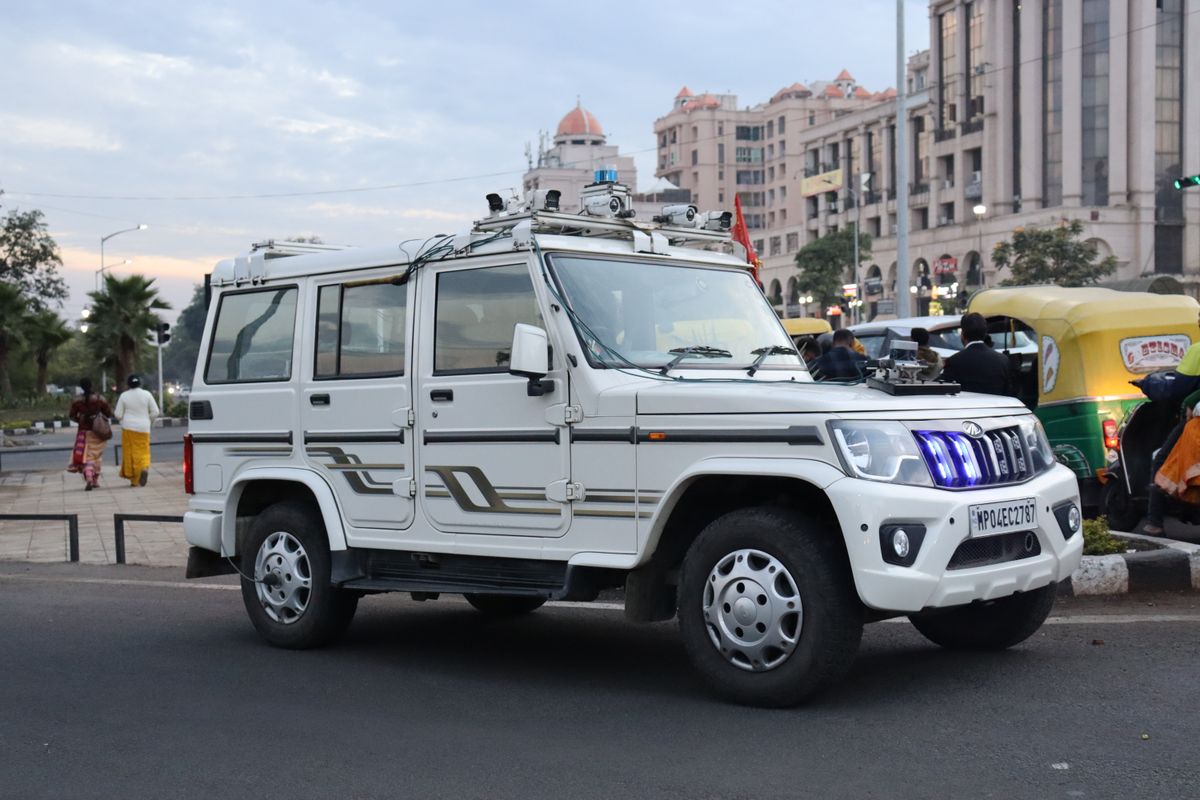About a week ago, the New York Post published an article about a kerfuffle between a male passenger and Arianna Huffington of Huffington Post fame on a United Airlines commuter flight operated by Atlantic Southeast Airline from Dulles International Airport outside Washington, D.C. and LaGuardia in New York City.
Apparently Ms. Huffington refused to turn off her Blackberry on take-off which enraged the passenger, as did the flight attendant's reluctance to tell her to turn it off. She eventually did, but the passenger was not happy about it, claiming:
"She put the use of the BlackBerry ahead of the safety of the entire plane."
Follow up news stories indicate that nothing much happened as a result of the incident, other than more publicity for Ms. Huffington. However, it highlighted the on-going debate over the safety of using electronic devices on aircraft, as well as the confrontations they seem to spark. As this blog post at Portfolio.com notes, there have been at least three reported incidents in addition to the one above in the past month or so, including one where a 68-year old man punched a teenager for refusing to turn off his cell phone before takeoff.
I suspect these recent events were one reason the New York Times published a story yesterday asking the question whether using electronic devices is dangerous or not. The article's conclusion is that while the likelihood seems low, electronic devices may cause an interference issue in the right circumstances.
" 'It’s a good news-bad news thing," said David Carson, an engineer with Boeing. Electronic devices do not cause problems in every case, he said. 'And that’s good,' he said. 'It’s bad in that people assume it never will."
With a proliferation of consumer electronics devices, the likelihood of interference may be increasing, but by how much, no one seems to definitively know. One one hand, newer aircraft are increasingly hardened against interference, but new devices are coming out faster than aircraft technology is improved. The Times article states that:
"Newer airplanes have more sophisticated protection against electromagnetic interference. 'The technical advancements for wireless devices and portable electronic equipment is so rapid, it changes every week,' said Doug Hughes, an electrical engineer and air safety investigator. "The advances in airplanes take 20 years.' "
Of course, adding to the confusion is that the European Aviation Safety Agency (EASA) lifted the ban on using cell phone in aircraft in 2007 as long as they used certain approved equipment, and as a result, some airlines in Europe and elsewhere allow or are going to soon allow cell phone use.
This fuels passengers' suspicion that the interference issue is basically a myth or a smokescreen for other, non-technical reasons, as this Boston Globe article last October basically argued:
"No calls in airplanes, not because the calls are dangerous — but because they are so annoying."
In 2006, IEEE Spectrum published a long article on the subject by electrical engineering and risk management experts at Carnegie-Mellon University titled "Unsafe at Any Airspeed?," that concluded at the time that:
"At present, we believe that passenger use of electronics on board commercial aircraft should continue to be limited and that passengers should not be allowed to operate intentionally radiating devices such as cell phones and wireless computer equipment during critical stages of flight."
The lead author of the Spectrum article, Dr. Bill Strauss, was quoted in the final paragraph of yesterday's New York Times article:
"... Mr. Strauss said the deterioration of planes and devices over time had not been taken into account.'A plane is designed to the right specs, but nobody goes back and checks if it is still robust,' he said. 'Then there are the outliers - a cell phone that’s been dropped and abused, or a battery that puts out more than it’s supposed to, and avionics that are more susceptible to interference because gaskets have failed. And boom, that’s where you get interference. It would be a perfect storm that would combine to create an aviation accident.' "
As I mentioned a few weeks ago, the planned introduction of the new Kawasaki M8 commuter railcars on the Metro-North Railroad New Haven Line was pushed back because trials showed "a problem in which the electromagnetic field on the M8 cars interferes with signaling equipment," so the problem is real enough in the right circumstances.
I'd be very interested in hearing opinions on the subject of electronic device use on aircraft, and whether electronic devices should ever be allowed to be used throughout a flight?
For instance, it is likely that thousands of illicit phone calls and text messages are being made/sent on the 28,000 plus US commercial flights each day including during take-offs and landings, without any of them leading to air crashes that we know of.
So, even if electronic devices pose a risk, is the risk so small as to be safely ignored? Or is the uncertainty surrounding the use of electronic devices still such that it is better to be safe than sorry?
By the way, how often do you see people using their electronic devices on take-off and landing? (And do you do so?)
Should the situation be pointed out to the flight attendants or just ignored?
And if the flight attendants don't do anything after you point it out or they obviously see it, what then?
Robert N. Charette is a Contributing Editor to IEEE Spectrum and an acknowledged international authority on information technology and systems risk management. A self-described “risk ecologist,” he is interested in the intersections of business, political, technological, and societal risks. Charette is an award-winning author of multiple books and numerous articles on the subjects of risk management, project and program management, innovation, and entrepreneurship. A Life Senior Member of the IEEE, Charette was a recipient of the IEEE Computer Society’s Golden Core Award in 2008.



